Marcus Gammel: What was the first record you found for your collection, and why did you buy it back then?
Dani Gal: The first record I found was the “Victory Album” of the 1967 Arab-Israeli War, the so called Six-Day-War. So many copies of it were printed that you can still find them in most second hand record stores in Israel. It was a perfect starting point for the collection. I bought it because I was interested in audio-political documents as field recordings. In 1967 Luc Ferrari composed “Presque Rien” (Almost Nothing) No. 1. It was one of the first compositions of field recordings as Musique Concrète, a soundscape that documents one day in an attempt to capture the memory of it, though the Six-Day-War album was made for an entirely different purpose. It is a carefully constructed propaganda record that was made to shape a national narrative – to form memory on a collective level. Since then I have found six different Six-Day-War records in Hebrew, English, Danish, French and Yiddish.
Dani Gal: When Edison invented the phonograph it was perceived as a tool for the preservation of voice. The first recording ever made was of his own voice. Immediately ethnographers, anthropologists and philologists, understood the potential of the new machine for researching, defining, documenting and categorizing ‘other’ cultures, other than European culture. In an interview from 1878, Edison said:
I saw the president of the Philological Society the other day … . He wants one of my improved phonographs to preserve the accents of the Onondagas and Tuscaroras, who are dying out … . The phonograph will preserve the exact pronunciation. The president of the philological society means to travel with it among all of the North American tribes.
The problem with the claim of cultures dying out was that Native American cultures did not naturally die. They were eliminated through U.S. federal policies that had a genocidal effect. Sound recordings played an important role in colonial science – its connection to power was established from the beginning.
Dani Gal: I grew up in Israel which isolates itself from the Arab world. In spite of geographical proximity, the Arab world seems very far away. As a kid, when I came across shortwave stations in Arabic, I felt haunted by them. It sounded like voices from the beyond, from a world that I was not supposed to know about. Only later I understood that It was mainly because the State educated us to think of the Arab world as the scary enemy. I read an interview with Tod Dockstader, the late American electronic music composer, who wrote about a similar experience growing up in the U.S. where he heard speeches by Hitler on the radio. He felt they had an ominous presence, more because of the sound quality of short wave radio than the content. The added noises and voices on the ether created a moment of hauntology.
Footnote added June 13, 2024
Here is another moment of hauntology echoing through the delay system of the article ‘Companion, Peace’, from Experiments in Art Research: How Do We Live Questions Through Art?, edited by Sarah Travis, Azlan Guttenberg Smith, Catalina Hernández-Cabal, Jorge Lucero, a post-Minus Plato dialogue with Angela Baldus.
Footnote added June 14, 2024
You can stay here or go to
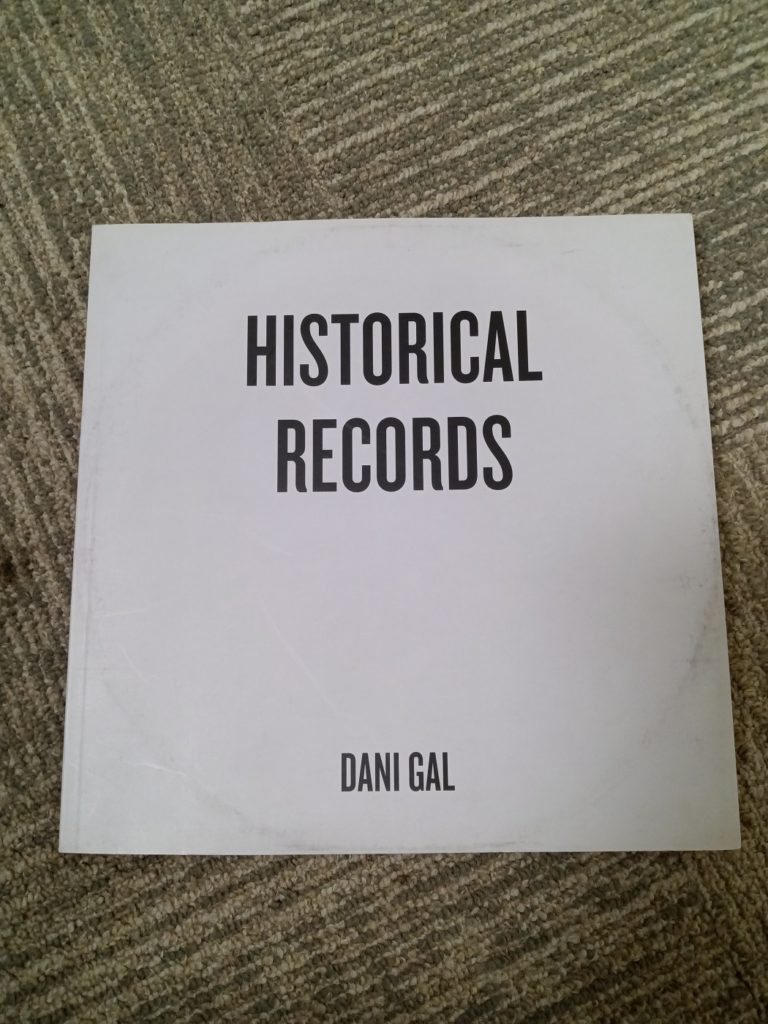
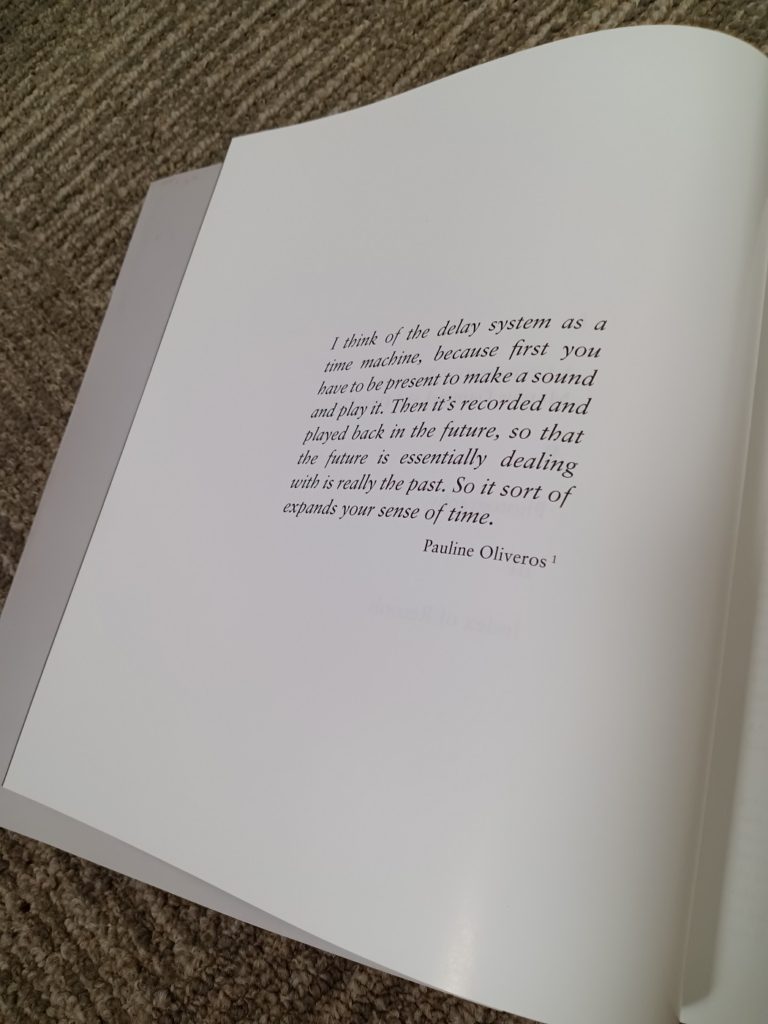
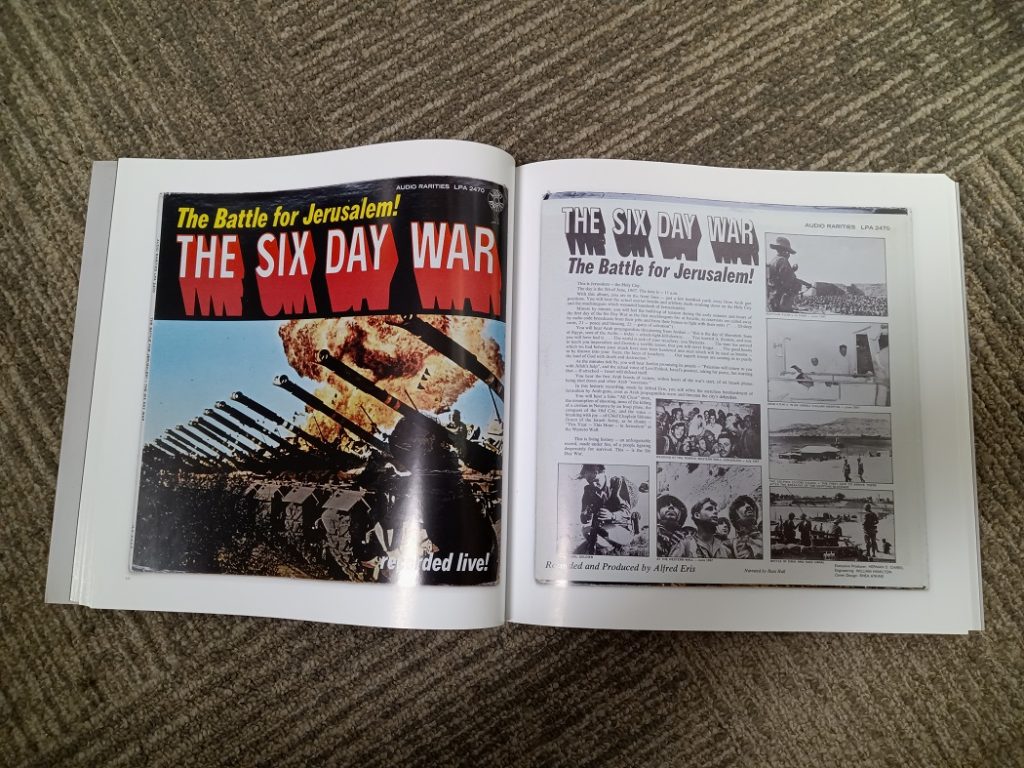
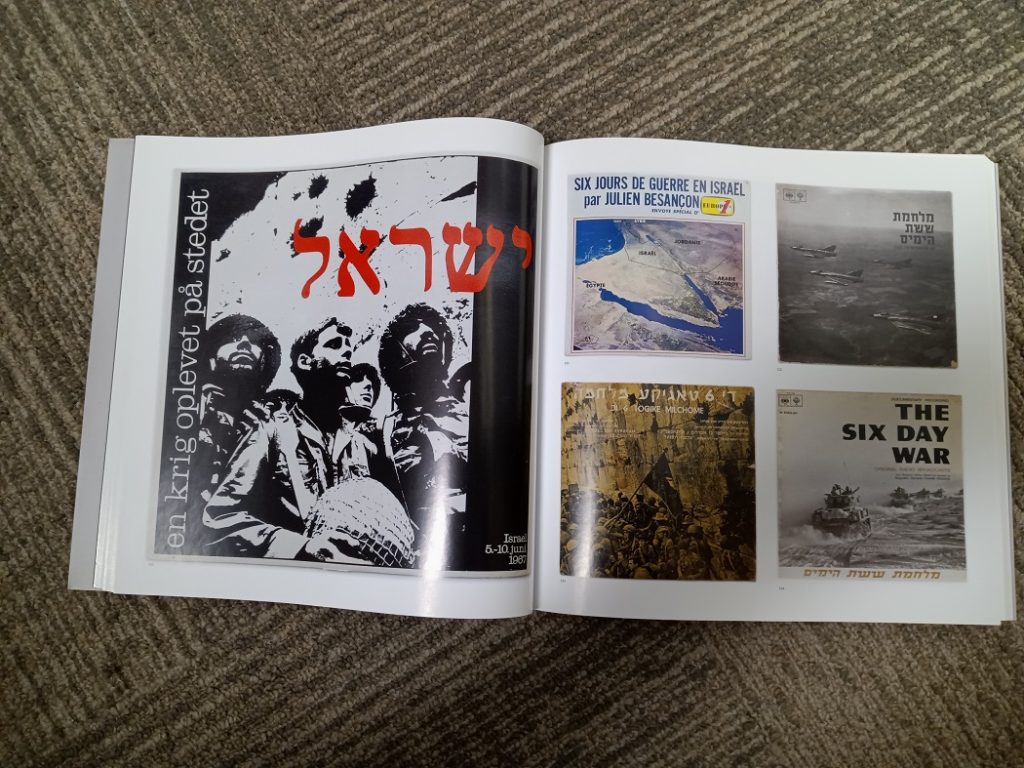
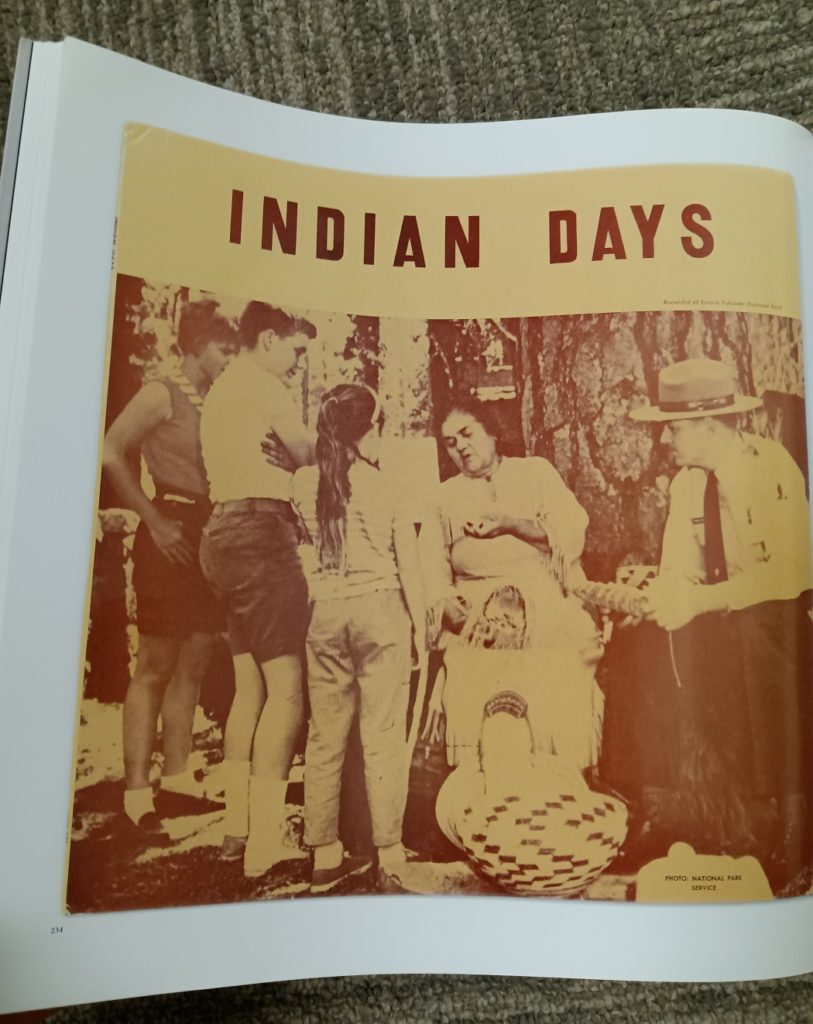
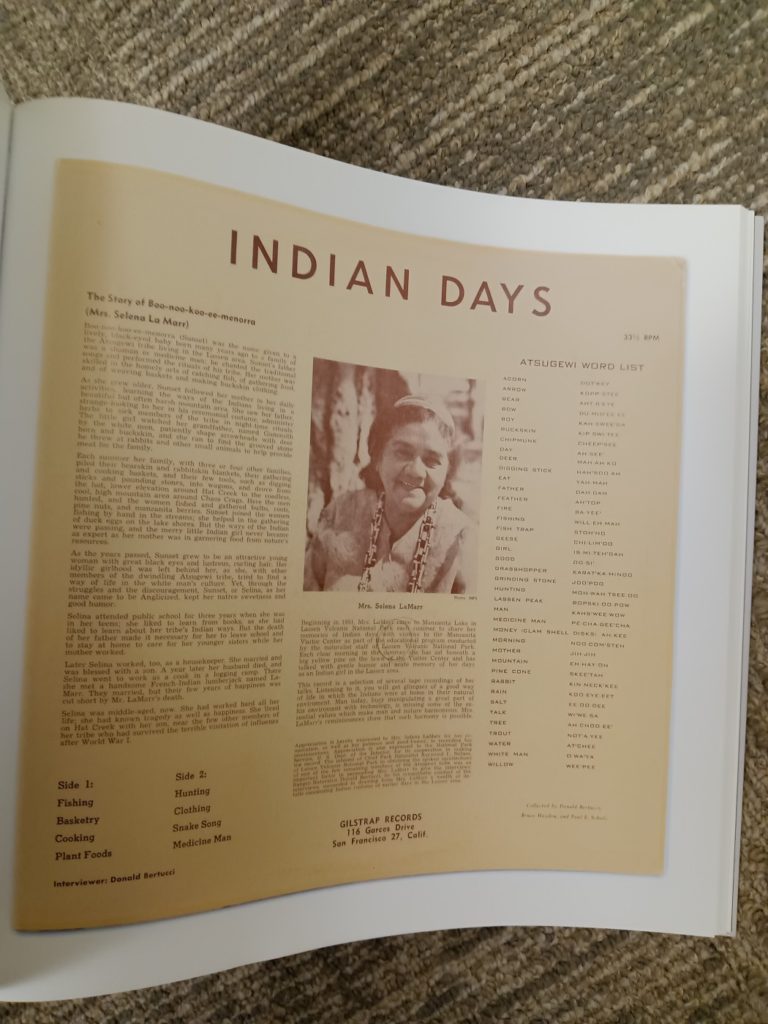
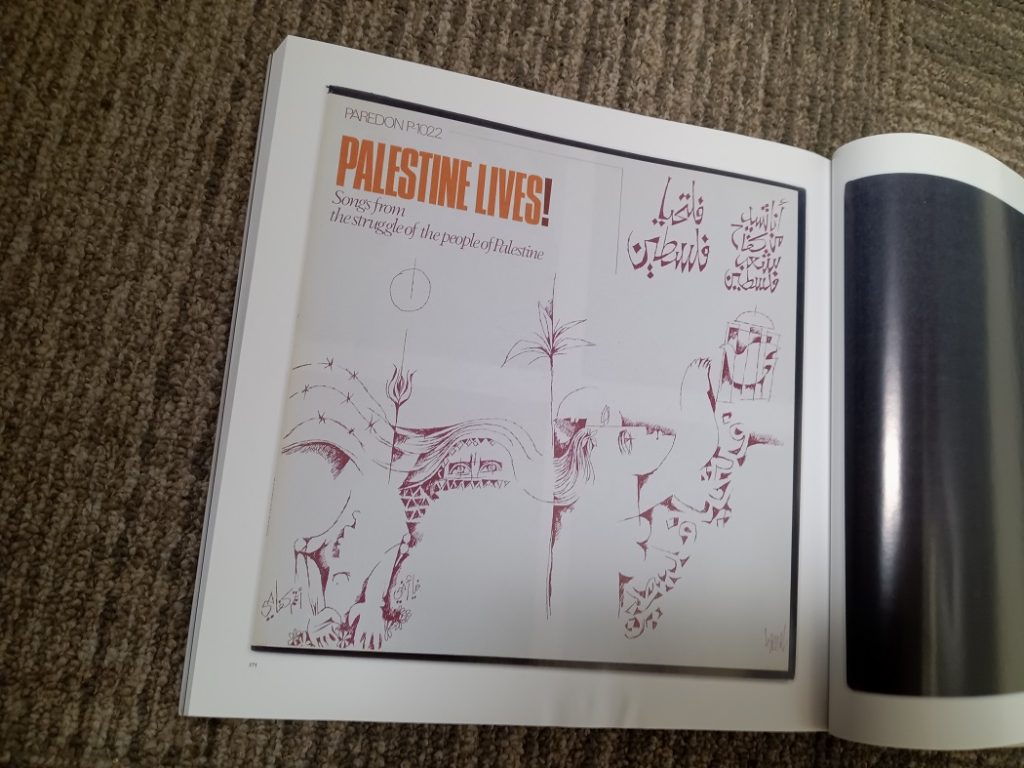
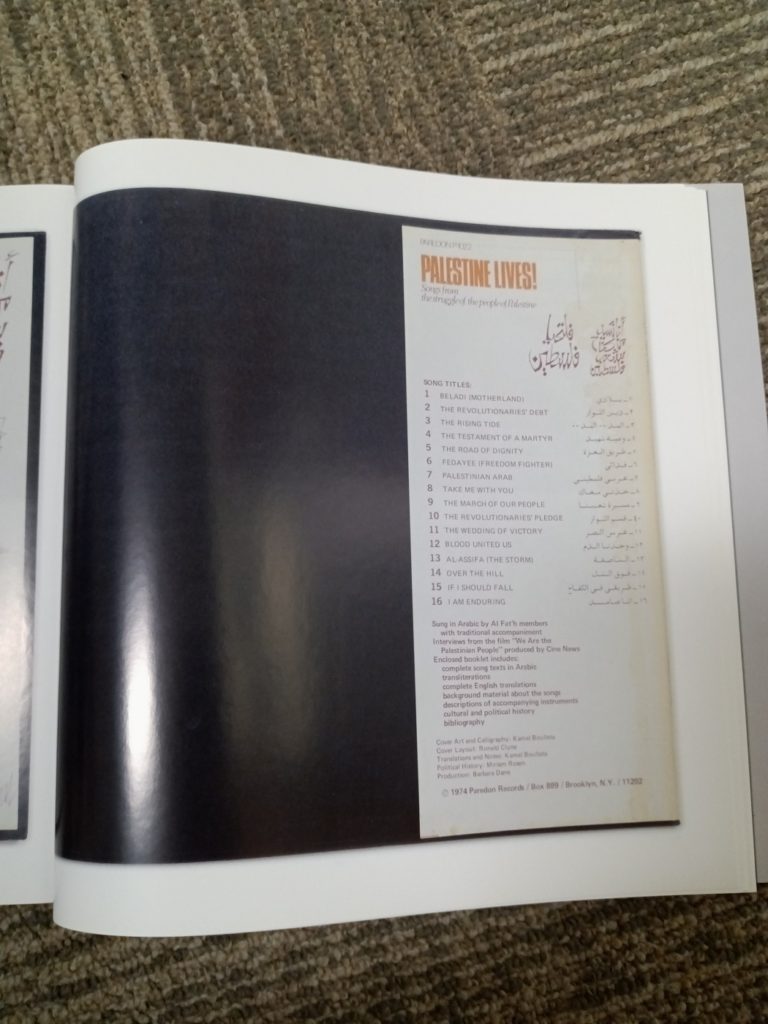
Pingback: Alpha and Omega of Our Athens Nostalgia: P is for Pauline – The Minus Plato Archive